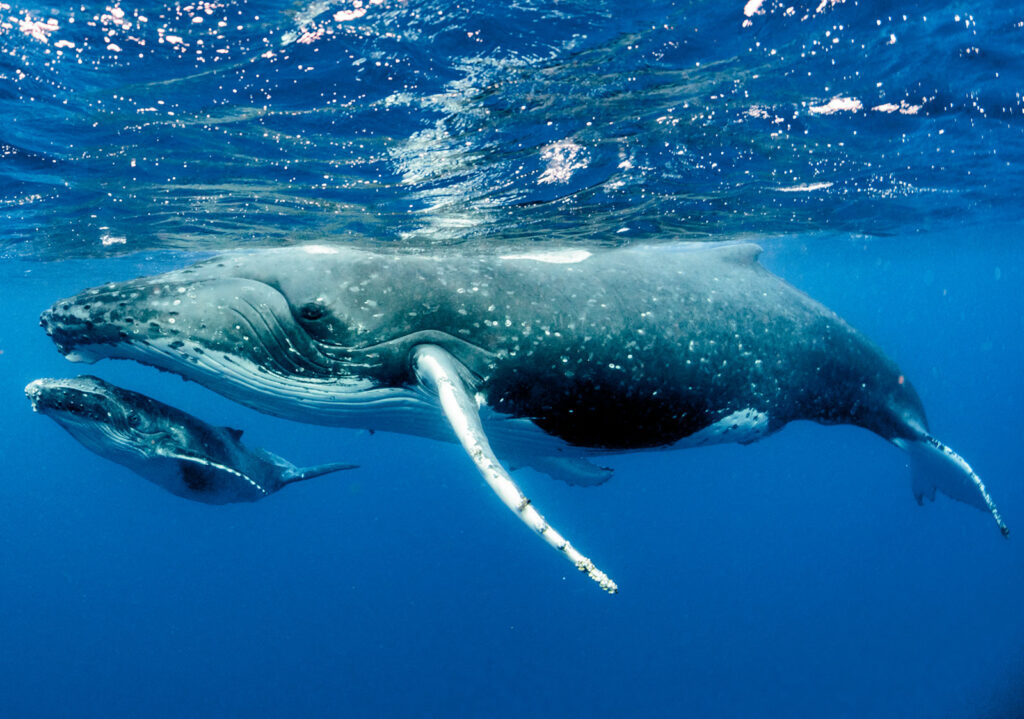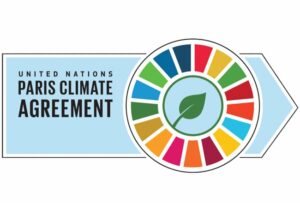When you hear the word whales, what comes to mind? Whales, in addition to being the world’s largest mammal, are known to play an important role in maintaining the marine ecosystem’s balance. What’s more interesting is that study has also revealed that whales play a vital role in combating the present climate problem. Whoa, how could it be possible? What superpowers do whales actually possess? Rather than being puzzled, let’s read this article to know the answer!
Whales: The Carbon-Absorbing Giant Sea Creature

The increase of greenhouse gases in the atmosphere is one of the reasons of global warming, which then leads to the climate crisis. Efforts to absorb these greenhouse gas emissions are thus required to prevent the impact from worsening. So far, we’ve often heard that trees should be preserved because they absorb carbon as a greenhouse gas. However, as it turns out, the whale’s ability to absorb carbon is far greater than that of trees!
Whales play an essential role in absorbing carbon footprints from the atmosphere, according to an article published by the International Monetary Fund (IMF) titled Nature’s Solution to Climate Change: A Strategy to Protect Whales Can Limit Greenhouse Gases and Global Warming. During its lifespan, a whale is thought to be able to absorb and store up to 33 million CO2 carbon emissions in its body. In comparison, a typical tree absorbs 48 tonnes of co2 emissions per year, or roughly 22 kg. When a whale dies, all of the carbon absorbed in its body is released into the deep ocean, where it might be stored for a long time.
Not only that, during their lifetime, the faeces produced by whales also brings benefits. Whale faeces is rich in iron which is useful for the growth of phytoplankton. These creatures might be very tiny, but taken together, they are able to capture about 40% of all carbon dioxide that exists or 4 times the amount that can be absorbed by the Amazon forest.
The problem is, many whales are hunted and killed by humans…

In a research titled Emptying the Oceans: A Summary of Industrial Whaling Catches in the 20th Century, researchers estimate that 2.9 million whales died as a result of commercial hunting by humans throughout the twentieth century, from 1900 to 1999. When these whales are killed and their bodies are not disposed of in the sea, the carbon absorbed by them is released back into the atmosphere. Whaling is thought to have added roughly 70 million tonnes of carbon dioxide to the atmosphere throughout the twentieth century, according to Andrew Pershing, a marine biologist at the University of Maine. That’s a lot, right?
So, now that people are aware that whales play an important part in mitigating global warming, it is hoped that more people would recognize the importance of protecting whales and other marine animals. Massive whaling that is done continuously will only disrupt the ecosystem’s balance and create new problems.
Instead, we must now work to protect the oceans and the sea creatures so that their potential to help tackle global warming won’t be disturbed. Talking about the issue of marine protection in Indonesia is indeed really important and exciting. If you want to know more about various other marine issues directly from the experts, just watch the Sail to Campus talk show on the EcoNusa YouTube channel!













